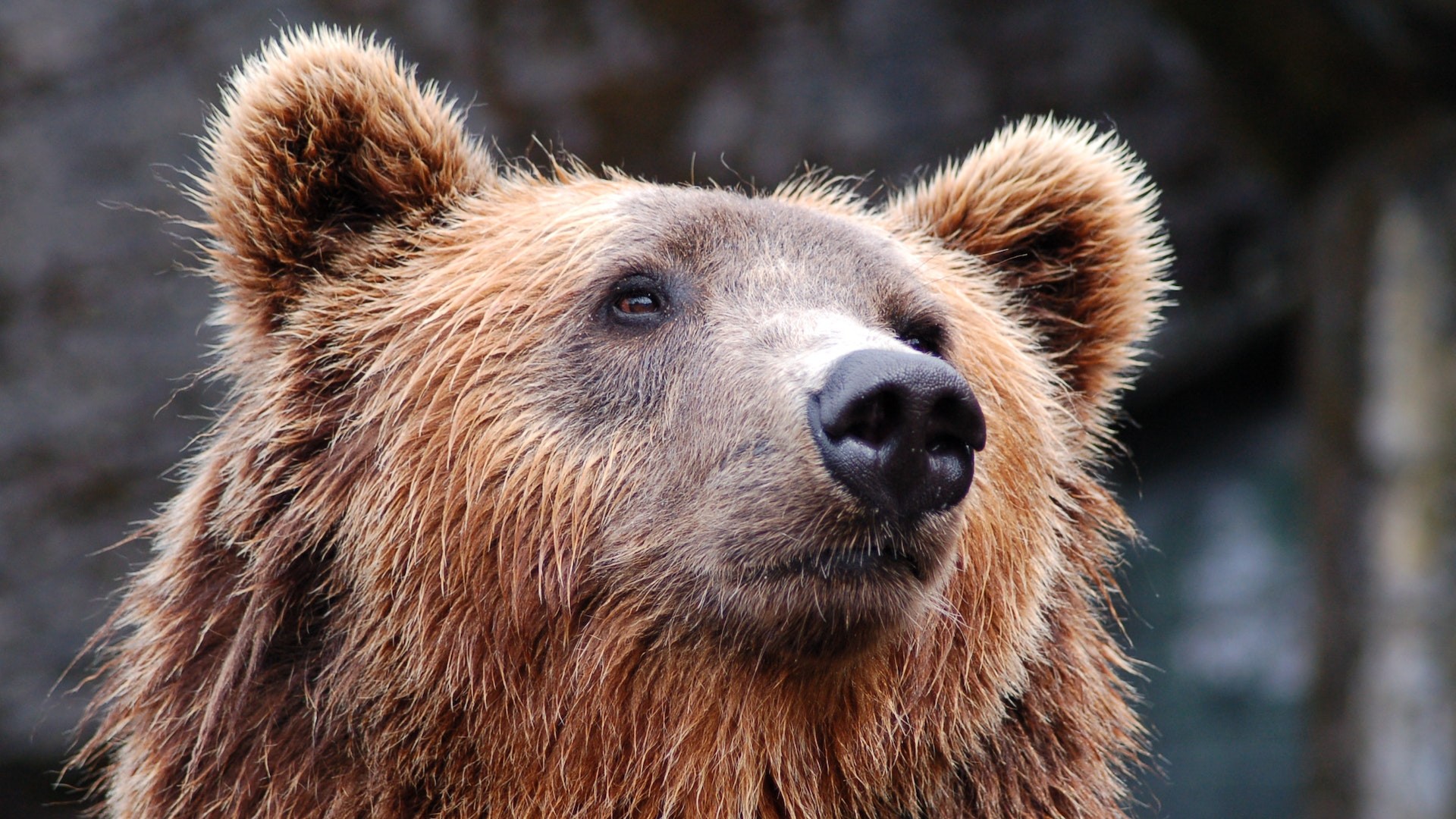What are sleep chronotypes and which is yours?

Want better sleep? Then it helps to know your sleep chronotype. These are broad categories that describe people's natural inclination to sleep and wake at certain times, and how alert they are at different times of the day.
There are four sleep chronotypes: the Bear sleep chronotype, the Wolf sleep chronotype, the Lion sleep chronotype, and the Dolphin sleep chronotype. Understanding which one you fit into can help you structure your day, and maximize your chances of better sleep at the end of it. Because even if you've got the best mattress and best pillow, you need to create a proper sleep routine or you'll never feel properly rested.
The concept of sleep chronotypes was first expounded by physiology professor Nathaniel Kleitman in his 1939 book Sleep and Wakefulness. But it was much more recently that clinical psychologist Michael Breus proposed a system of four primary sleep chronotypes represented by different animals, in his TED talk and 2016 book The Power of When.
But why should we care? "Knowing your sleep chronotype helps you understand how many hours you need to sleep for," explains sleep expert Olivia Arezzolo, a spokesperson for Mute Snoring and the author of the book Bear, Lion or Wolf. "It also gives you an idea of the ideal times to wake up and go to bed. It explains why you may be more fatigued in the morning, or find it more difficult to fall asleep in the evening, than others. And in general, it guides us to understanding our sleep better, and gives rise to why we may struggle with sleep challenges."
In this article, we'll explain what the different sleep chronotypes are, how to discover which one applies to you, and how you can make use of this information to improve your life.

What are the four sleep chronotypes?
"Sleep chronotypes, as described by Dr Michael Breus, are a person’s ‘circadian typology’", says Sammy Margo, sleep expert at Dreams. "In non-scientific terms, this simply refers to how alert you are at different times of the day. Every person has a chronotype and understanding your own can help you structure your day. This can help maximize output and ensure you get to sleep with ease too."
The Bear sleep chronotype wakes up with the sun and get sleepy once it’s dark, in a similar way to our ancestors did. "This is the most common sleep chronotype and is the one best suited to our modern way of life," says Margo. "Still, you’ll want to plan your sleep goals around your chronotype to ensure you get the best night’s rest."
By comparison, the Wolf sleep chronotype is not very alert in the mornings, and finds that energy levels tend to kick in best around evening time. "Often referred to as night owls, you’ll need to plan your sleep goals around your preference for night-time productivity," says Margo.
In contrast, the Lion sleep chronotype, by contrast, are those who are brightest in the early mornings. "And by mornings, we mean dawn," says Margo. However, as the day drags on, that will change. "Come lunchtime, you feel your energy levels deplete, and as the day drags on, your output drops."
Finally, the Dolphin Sleep Chronotype refers to people who struggle to find any sleeping pattern. "That means you’ll really need to work hard on your sleep hygiene to ensure you find consistency with your sleep," says Margo.
Note that the animals in question are mainly used as metaphors, and shouldn't be taken as describing the actual sleep habits of these animals. For example, in the real world, lions typically sleep for between 15-20 hours at a time, and can sleep up to 24 hours after a large meal!
How can you find out your sleep chronotype?
If you've read the descriptions above but still aren't sure what your sleep chronotype is, there are a number of ways to find out. "For a quick answer, take my short online chronotype quiz, which should take you a maximum of two minutes to complete," says Arezzolo. "Alternatively, if you have more time and want to delve more deeply into your sleeping habits, take the more extensive and comprehensive quiz used in psychometric testing and clinical settings to establish your chronotype, called the MEQ (morning-eveningness questionnaire)."
Arezzolo cautions, though, that not everybody will fit neatly into one of these four categories. "There are gray areas, and some people will find they are hybrid chronotypes, or on the cusp of two. This means they have characteristics from both chronotypes, rather than just the one."

How can knowing your sleep chronotype help you?
So why is knowing your sleep chronotype important? The simple answer is that understanding how your sleep patterns operate means you can start working with them, rather than against them. Then you can set the optimal bedtime and improve your sleep cycles. It can also help you avoid social jet lag, a groggy feeling that can occur when your sleep chronotype doesn't match your sleep schedule.
"For example, if you are a Wolf chronotype you'll typically struggle to fall asleep extensively until around 12 or 1am," explains Arezzolo. "You'll also often be extremely fatigued in the morning, until 9 or 10am. By knowing you are a Wolf and that this is, at least in part, due to your circadian rhythm and not just your behaviour, this can help you psychologically. You'll stop berating yourself for not being a morning person, or at least do so less."
She adds that it will also help you logistically. "You'll be accept that it is simply not your biology to be an early morning person, and as a result, stop forcing yourself to get up at an hour misaligned with your circadian rhythm. Wolves are also discouraged from going to bed until 11pm or 11.30pm, because this means when you go to bed, you are more likely to feel tired enough to sleep, rather than lay awake anxious and restless.
Ultimately, then, knowing your sleep chronotype will leave you feeling more rested. "Anxiety is a core limitation of sleep, so if we are less anxious going to bed, we will naturally sleep better," says Arezzolo. "If Wolves can modify their sleep times and sleep at a schedule which suits them – 12am-8am, for example – they're more likely to experience deeper sleep. Because this will align with when their levels of melatonin – the sleepiness hormone – are highest."

Can you change your sleep chronotype?
What if you don't like your sleep chronotype, or it simply doesn't fit in with your lifestyle: can you change it? The answer to that, says Olivia, is less than clear cut. "It's both a yes and no," she explains. "50% of our chronotype is biologically determined, so we inherently have a preference. However, 50% is environmental – as in, what we do and don't do – so we can modify our chronotype to some degree.
"The biggest factor to influence the circadian rhythm is light," she points out. "So by reducing light exposure in the evening and heightening light exposure in the morning, we will feel more alert at the start of the day, and more fatigued at the end… even if we have a later circadian preference than others, as in the case of some Bears and all Wolves."
Sign up for breaking news, reviews, opinion, top tech deals, and more.

Tom May is a freelance writer and editor specialising in tech, design and sleep products. Over the years he's tested a number of mattresses, duvets and pillows, and as a back pain sufferer, has a keen interest in finding ones that offer maximum support. Plus, in running a successful Airbnb business, sleep hygiene and providing the right bedding for guests has become a big part of his day-to-day life. He is author of Great TED Talks: Creativity, published by Pavilion Books.
